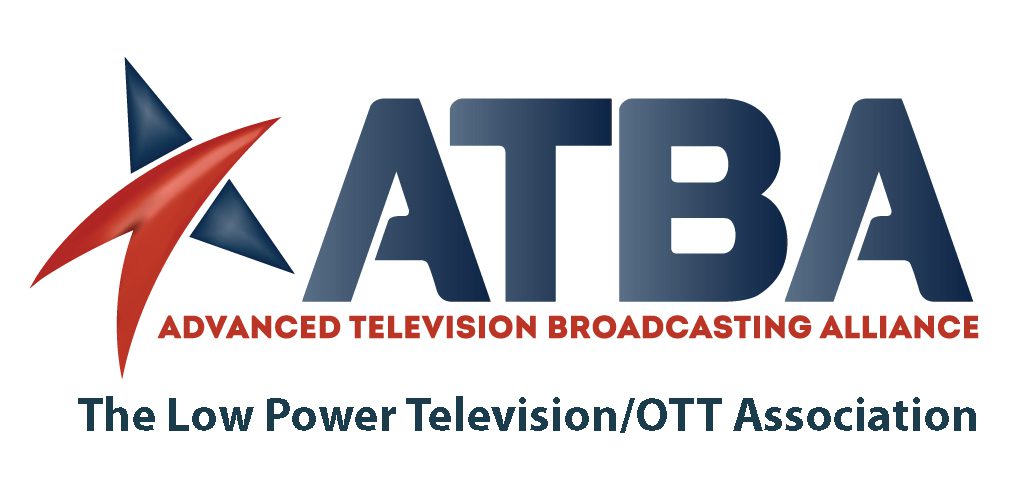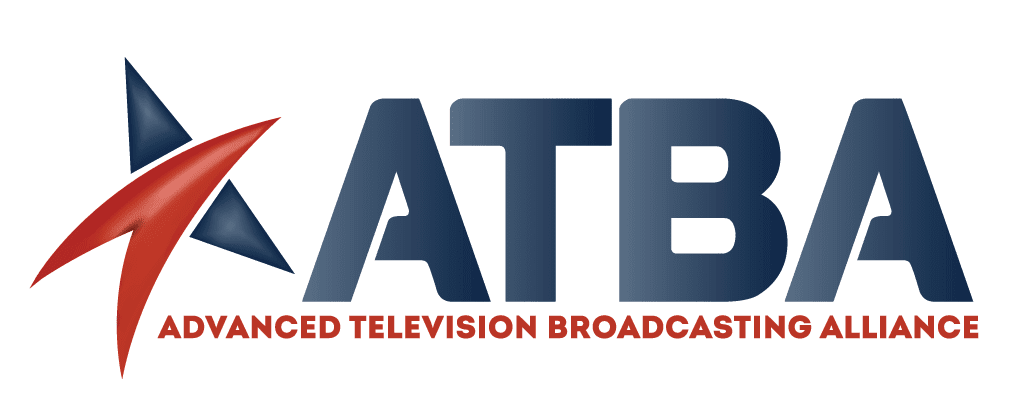
TV station owners are taking advantage of FCC rules to quietly take over small-town airwaves, but cable and satellite companies are crying foul to regulators.
Driving the news: Broadcasters aren’t supposed to own more than one top-rated outlet in any market, but they are snapping up multiple stations anyway in small markets like Parkersburg, West Virginia and Greenville, Mississippi, as the broadcast TV market is challenged by changes in technology and advertising.
The big picture: Broadcasters have long faced unique regulatory limits on their reach, but now digital competition has shrunk their share of the ad pie. Consolidation, they argue, is how they can compete with digital giants as well as cable and satellite companies while still providing local broadcasts.
- Cable companies, which pay broadcasters to retransmit TV signals to their customers, say the local TV market consolidation raises their costs and harms consumers.
- But broadcasters, who scoff at the notion they have more leverage than giants like AT&T and Comcast, argue the arrangements provide rural Americans with network programming and more local news.
Details: The FCC’s rules prohibiting broadcasters from owning two top-rated stations in a market aims to protect business competition and diversity of viewpoints.
- But those rules don’t apply to low-power TV stations, which don’t have the geographic reach of a full-power station, or to multicast channels made possible by the shift to digital television.
- In tiny St. Joseph, Missouri, the News-Press & Gazette Company owns the CBS, FOX and NBC affiliates, as well as the local newspaper. The company tried to buy the ABC affiliate, too, before withdrawing its bid at the FCC this month.
- “You’re seeing some stations say, ‘We have to have more than one to survive,'” said David Bradley, CEO of News-Press & Gazette.











